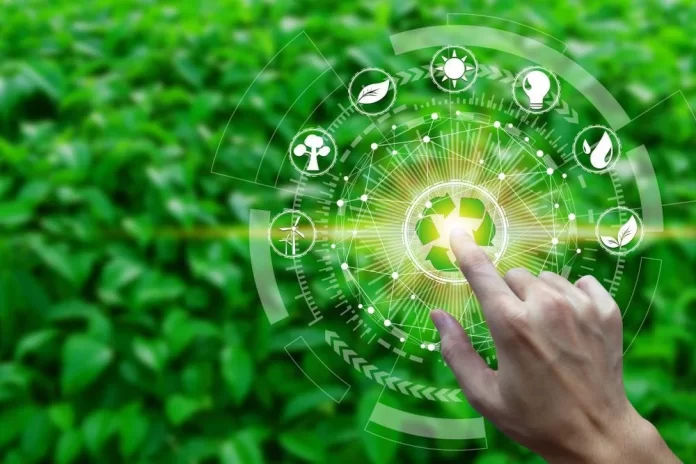Introduction:
The global population is rapidly increasing, with estimates suggesting that by 2050, we will have more than 9 billion people to feed. As a result, the traditional methods of food production are becoming increasingly unsustainable, placing a strain on our planet’s resources. However, in this era of innovation and technological advancement, there is hope on the horizon. The future of food lies in sustainable farming practices and alternative protein sources, paving the way for a more efficient, environmentally friendly, and ethical food system.
Sustainable Farming:
Sustainable farming is a holistic approach that aims to minimize the environmental impact of agriculture while maximizing its productivity. This concept emphasizes the responsible use of resources, the preservation of biodiversity, and the reduction of pollution. In the future, sustainable farming practices will play a crucial role in ensuring food security for the growing population.
One key aspect of sustainable farming is precision agriculture. By utilizing advanced technologies such as sensors, drones, and artificial intelligence, farmers can optimize their crop yields while minimizing water and fertilizer usage. Precision agriculture allows for precise monitoring of plant health, soil conditions, and pest infestations, enabling farmers to take proactive measures and make informed decisions. This approach reduces waste and promotes efficiency in the agricultural system.
Another sustainable farming practice gaining traction is vertical farming. With the world becoming more urbanized, vertical farms offer a solution to the limited availability of arable land. By growing crops in vertically stacked layers, utilizing hydroponic or aeroponic systems, vertical farms can produce higher yields per unit area while using significantly less water and pesticides. This method also eliminates the need for long-distance transportation, reducing carbon emissions associated with food transportation.
Alternative Protein Sources:
As the global demand for meat and animal-based products continues to rise, the environmental impact of animal agriculture becomes more pronounced. Livestock production is a significant contributor to greenhouse gas emissions, deforestation, and water pollution. To mitigate these issues, the future of food lies in alternative protein sources.
Plant-based proteins have already gained significant popularity in recent years. Companies have developed plant-based meat substitutes that closely mimic the taste and texture of animal-based products. These plant-based alternatives not only reduce the environmental impact of food production but also address ethical concerns regarding animal welfare. The advancements in plant-based protein technology are expected to continue, offering an ever-expanding range of delicious and sustainable food options.

Another promising alternative protein source is cultivated meat, also known as lab-grown or cultured meat. This innovative approach involves growing meat in a laboratory setting from animal cells, without the need for traditional animal farming. Cultivated meat has the potential to revolutionize the food industry, providing a sustainable and ethical alternative to traditional meat production. Although still in its early stages, the technology is rapidly evolving, and companies are working towards scaling up production and reducing costs to make it commercially viable.
Insects are also emerging as a potential alternative protein source. In many cultures around the world, insects have been consumed for centuries due to their high nutritional value and low environmental footprint. Insects require significantly less land, water, and feed compared to traditional livestock. As insect farming techniques advance, they could become a valuable source of protein for human consumption and animal feed, reducing the strain on our resources.
Conclusion:
The future of food lies in sustainable farming practices and alternative protein sources. By adopting sustainable farming techniques such as precision agriculture and vertical farming, we can maximize food production while minimizing the environmental impact. Embracing alternative protein sources like plant-based proteins, cultivated meat, and insects will help us address the challenges posed by traditional animal agriculture, including climate change, deforestation, and animal welfare concerns. As consumers, we have the power to drive this change by making conscious choices and supporting companies that prioritize sustainability and innovation. Together, we can create a future where food is both nourishing for our bodies and sustainable for our planet.

